Designing homes for healthy cognitive ageing (DesHCA)
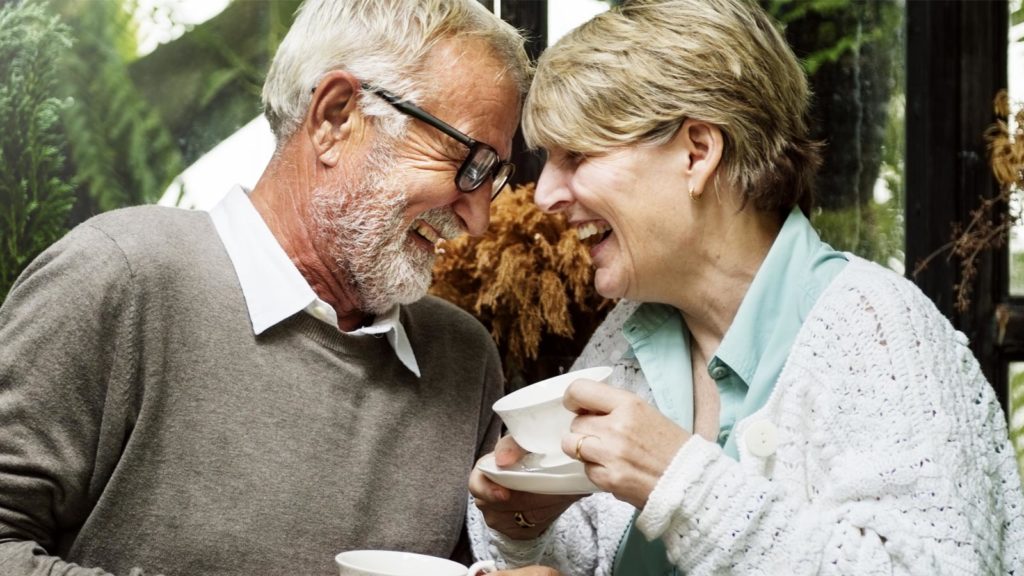
DesHCA’s aim is to identify scalable and sustainable design improvements to homes which provide support for healthy cognitive ageing, and enabling people to continue living in their preferred environments as they experience cognitive change (incl. significant cog. impairment or dementia). The project will co-design exemplars of cognitively sustainable housing and will support builds of both physical and virtual houses as living labs. It will co-produce tool to assess the feasibility and scalability of innovations to support public and private housing providers to deliver housing for older people which is cognitively sustainable and inclusive.
Generating Older Active Lives Digitally (GOALD)
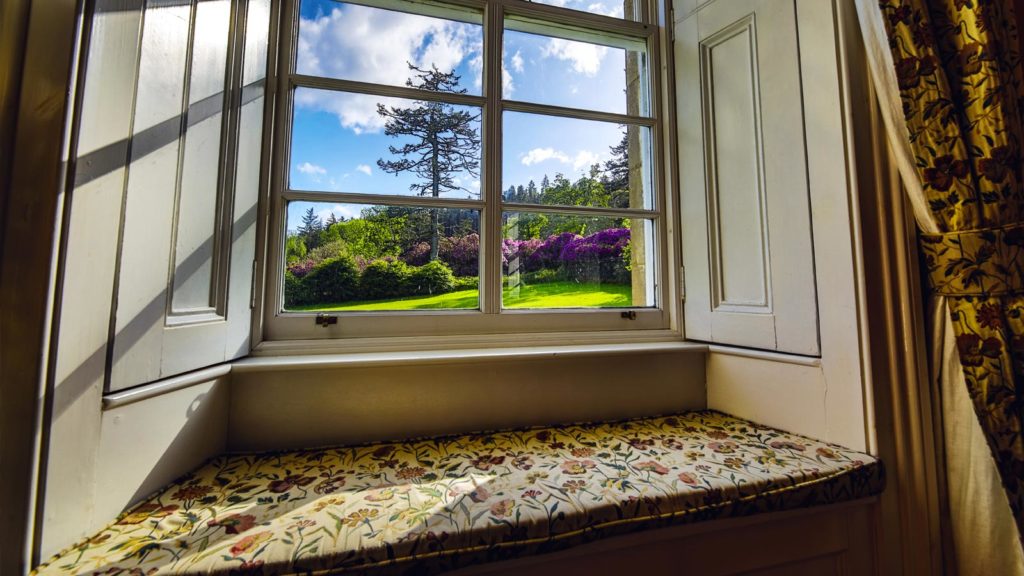
The project will design, test, deliver and evaluate digital resources to facilitate structured activity programmes for ‘health connectivity’ in older age. Through examining the feasibility and impact of a digital approach to two existing initiatives, intergenerational physical activity (IGPA) and sports-based intergenerational reminiscence (SBIR), the research will demonstrate the potential for development of related products and services to enhance support for health in later life. The project will produce policy and practice recommendations about how to engage older and younger people in intergenerational co-design for product development. The project will address inequalities in access to digital connectivity through age, economic disadvantage and functional limitations, and will seek to reduce digital inequality.
Supportive environments for physical and social activity, healthy ageing and cognitive health (SPACE)
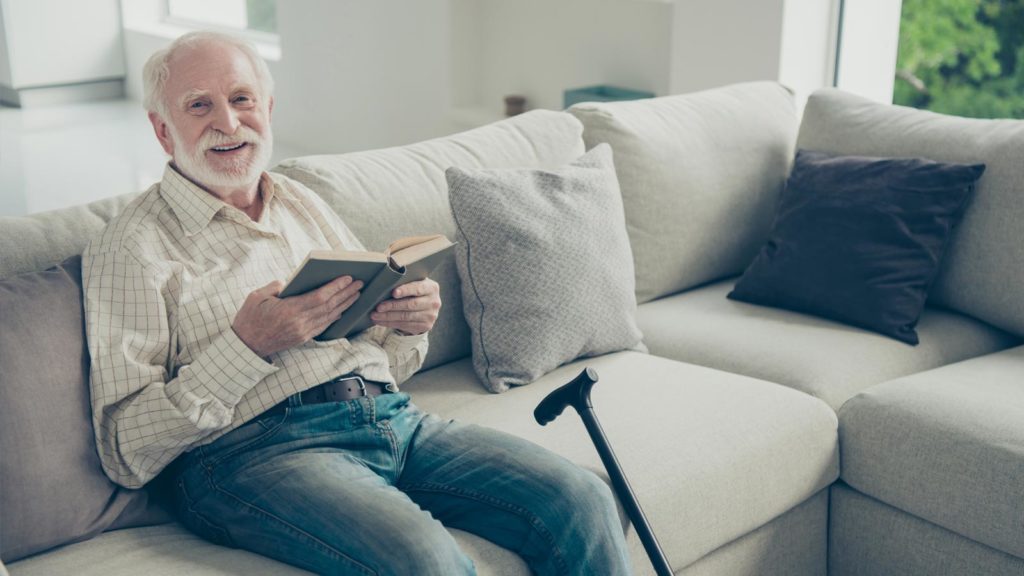
SPACE will address cognitive health inequality by investigating the impacts, and possible mechanistic pathways, of urban environments on healthy ageing and cognitive health, and on diverse individuals and communities. Focusing on the urban outdoor environment, the research will produce a map of the system in which genes, lifestyle behaviours and urban environments interact to affect brain health, an evidence base exploring how where we live affects our brain health, and assess the feasibility and acceptability of potential policies and interventions with older people, business, industry and policymakers to improve brain health and promote healthy ageing.
Extending active life for older people with cognitive impairment through innovations in the visitor economy of the natural environment (ENLIVEN)
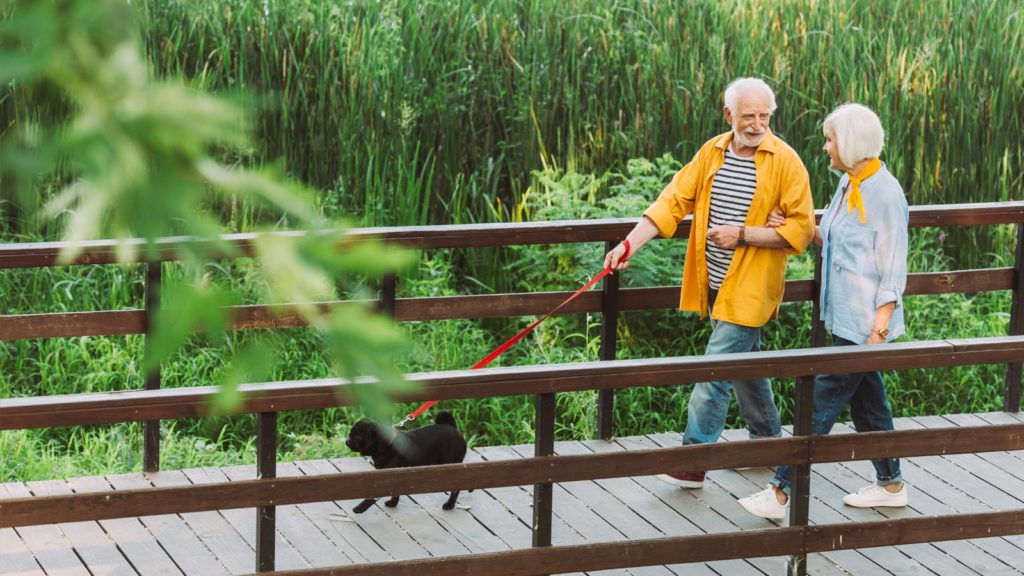
ENLIVEN will enable older people with cognitive impairment to be active, independent and socially connected, and to experience good quality of life, through increasing or initiating engagement with nature-based outdoor activity. The project will achieve this by co-designing innovative models of practice to enable business, social enterprises and third sector organisations to address the barriers that limit participation in nature-based outdoor activity. It will create evidence-based resources to support continued development leading to long-term change, include a toolkit for businesses and other provider organisations, and resources for older people with cognitive impairment and their families.
Connecting through culture as we age: digital innovation for healthy ageing
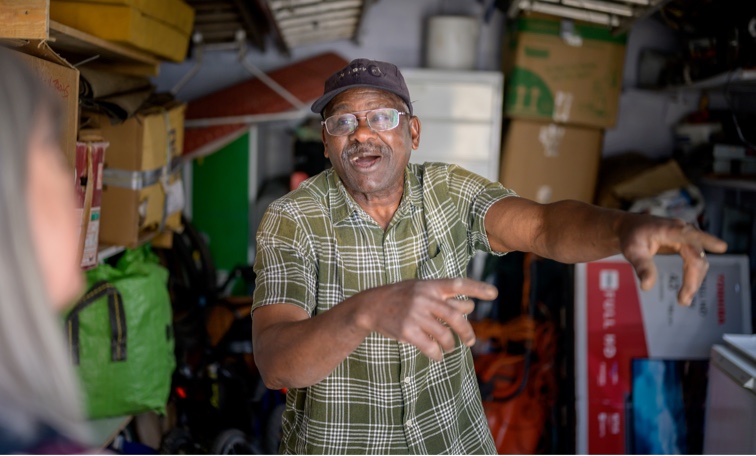
The project will address inequalities in arts and cultural participation in older populations, in particular, those who are disabled, BAME and socioeconomically deprived older people. It will tackle inequalities related to accessibility and content of arts and cultural provision, enable vital R&D and establish new business models to encourage digital innovation in the arts and cultural sector to support healthy ageing. They will produce a new evidence base for policymakers and practitioners that tackle inequalities related to accessibility and content of digital arts and cultural provision for healthy ageing outcomes.
Supporting Healthy Ageing at Work (SHAW)
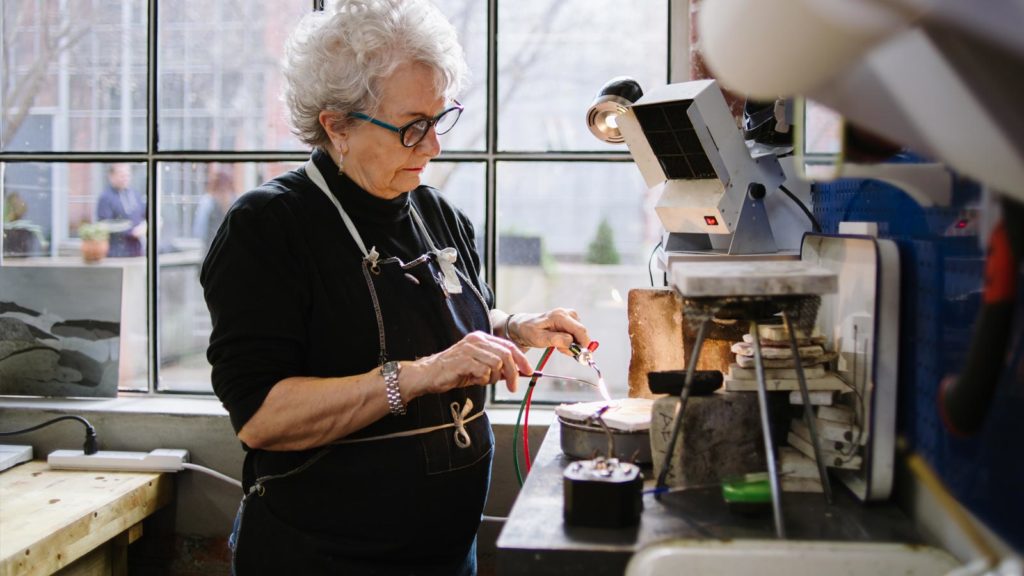
The project will support over-50s to remain in work for longer by co-creating commercially viable, scalable products and interventions to support the less visible aspects of older workers’ health and wellbeing. These ‘hidden health’ aspects of work include i) menopause and dementia, ii) financial health/wellbeing, iii) those combining unpaid care with paid work, and iv) the health of self-employed older workers. They will work with employers, older workers and other stakeholders to further understand they ways in which physical, mental and financial well-being interact with workplace culture and how these may constrain and/or enable opportunities for later life employment. They will co-design a suite of innovative products and interventions which will provide businesses and social enterprises with fit-for-purpose and scalable products, services and business models, which support people as they age.
Healthier working lives for the care workforce. Developing careers. Promoting wellbeing.
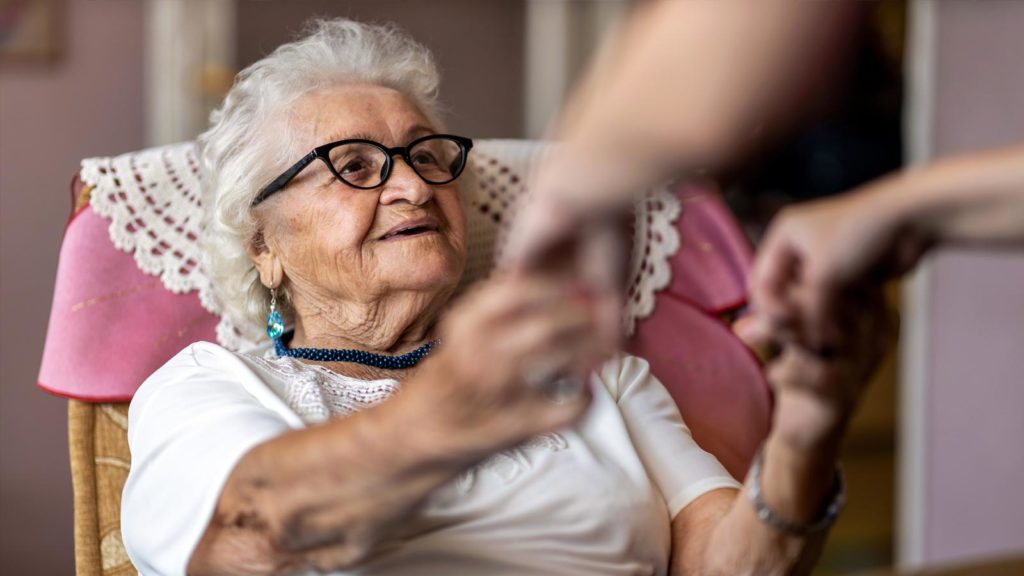
The project aims to co-produce, co-design and uptake of novel products and services that address challenges in the recruitment, retention and enhancement of the health and wellbeing of older workers employed in residential care sectors. Through knowledge exchange and co-production with care workers they will identify and prioritise solutions for recruiting, supporting, training, career development and retaining older workers in the care sector. They will co-design and co-produce sector relevant specification briefs and prototypes of tools and interventions to support and accelerate development and market readiness of products and services. These will aid staff training, retention, working and home life experiences for the over 50s in the care sector.